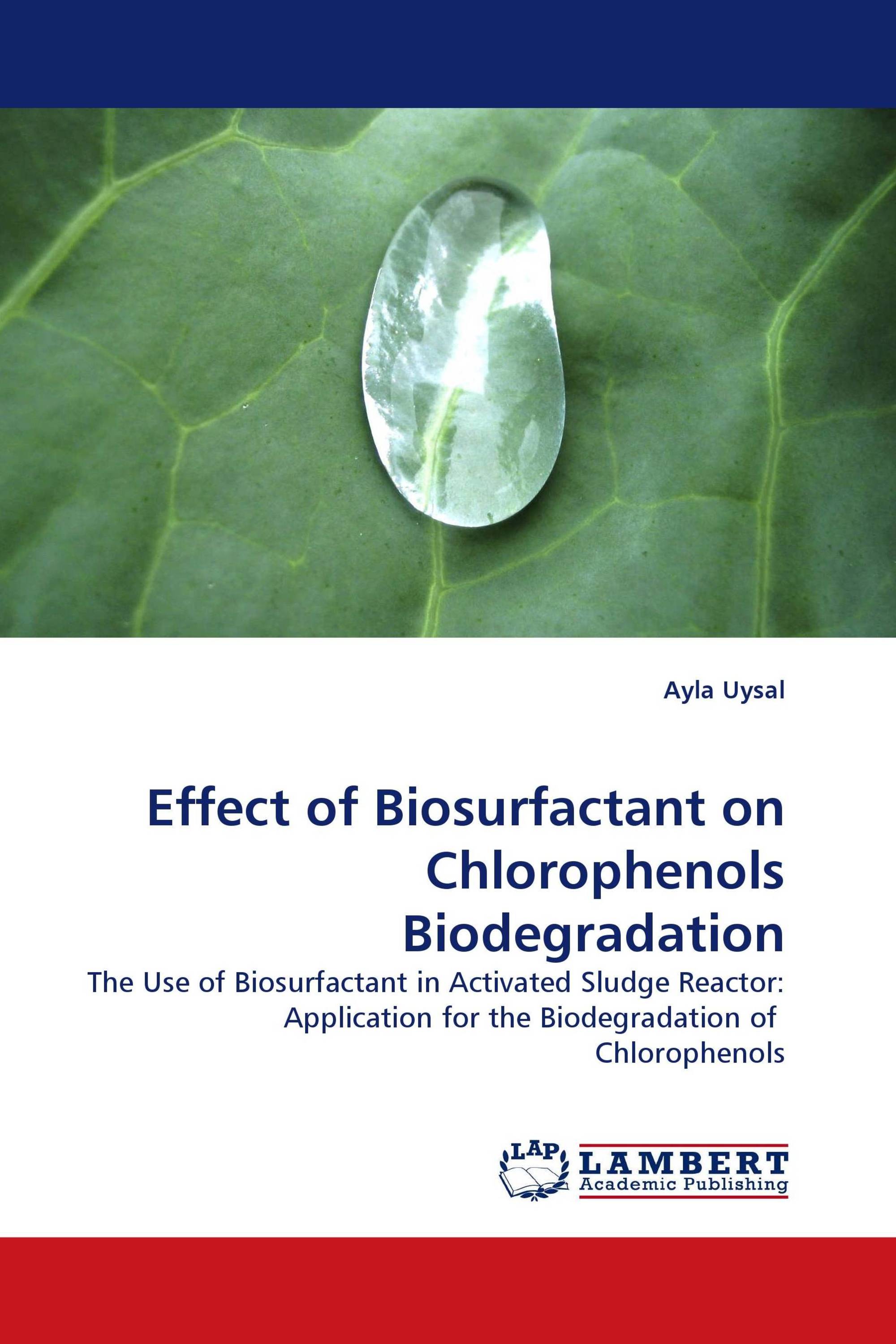Effect of Biosurfactant on Chlorophenols Biodegradation
The Use of Biosurfactant in Activated Sludge Reactor: Application for the Biodegradation of Chlorophenols
LAP Lambert Academic Publishing ( 2011-04-29 )
€ 49,00
The release of specific industrial wastewaters, including nonbiodegradable and/or toxic pollutants, to receiving environments is one of the most significant types of environmental pollution by hazardous wastes. Biological treatment of wastewater is often the most economical alternative when compared with other treatment options. However, industrial effluents are known to contain toxic and/or non-biodegradable organic substances and conventional biological treatment processes are not efficient in these cases. Thus, they require some enhancements due to the presence of refractory or toxic compounds in the wastewaters. The use of surfactants in the biodegradation of chlorophenols by biological treatment has been investigated as an enhancement technique. The effect of biosurfactant on biodegradability of 2,4-DCP and 4-CP with using acclimated culture has been investigated by activated sludge bioreactor with changing chlorophenols loading rate and sludge age, and the effect of biosurfactant on 4-CP degradation in unacclimated culture has been studied. Enhanced biodegradation of 2,4-DCP and 4-CP has been observed in biosurfactant added activated sludge systems.
Book Details: |
|
|
ISBN-13: |
978-3-8383-2680-1 |
|
ISBN-10: |
3838326806 |
|
EAN: |
9783838326801 |
|
Book language: |
English |
|
By (author) : |
Ayla Uysal |
|
Number of pages: |
104 |
|
Published on: |
2011-04-29 |
|
Category: |
Building and environmental technology |




